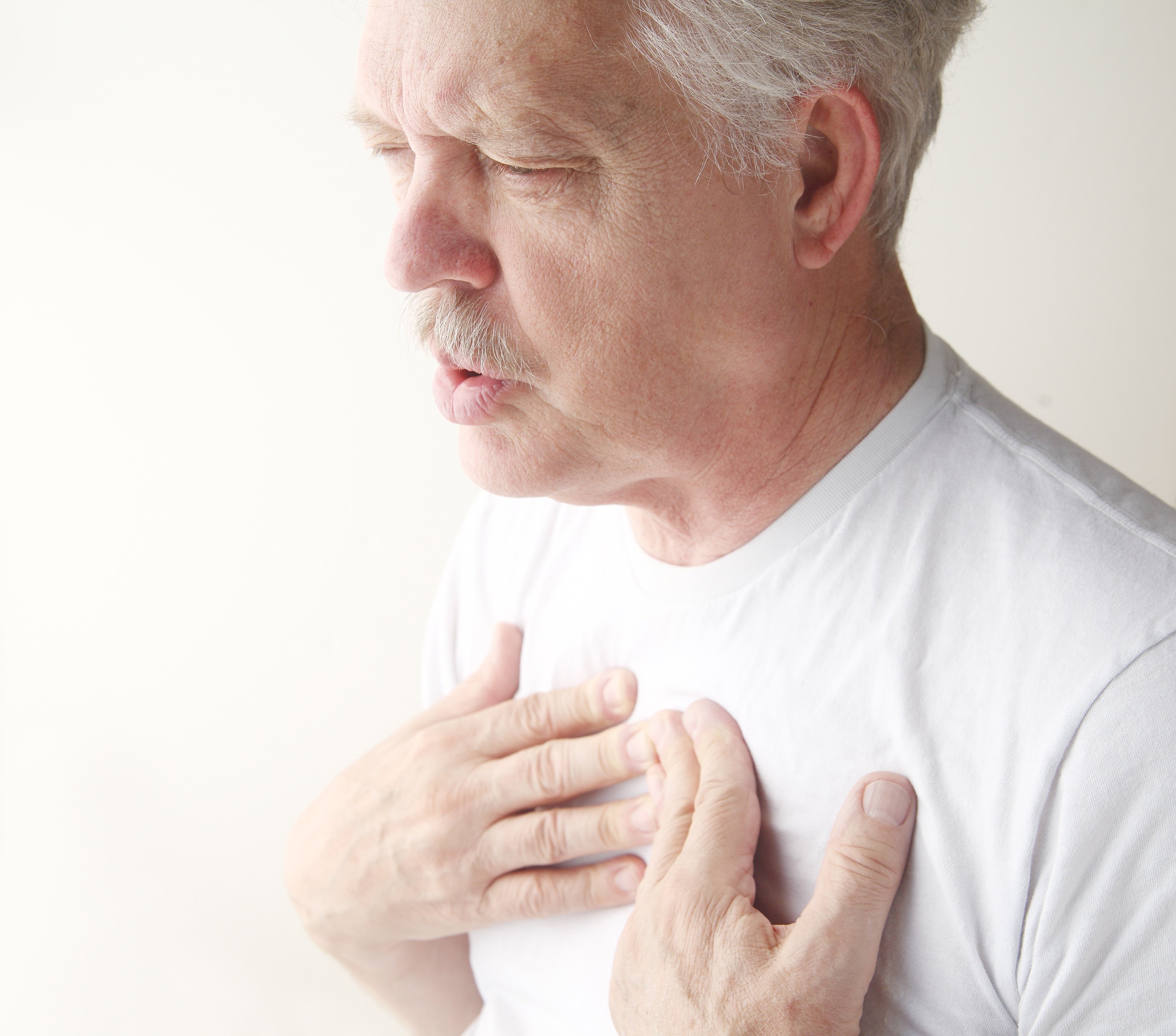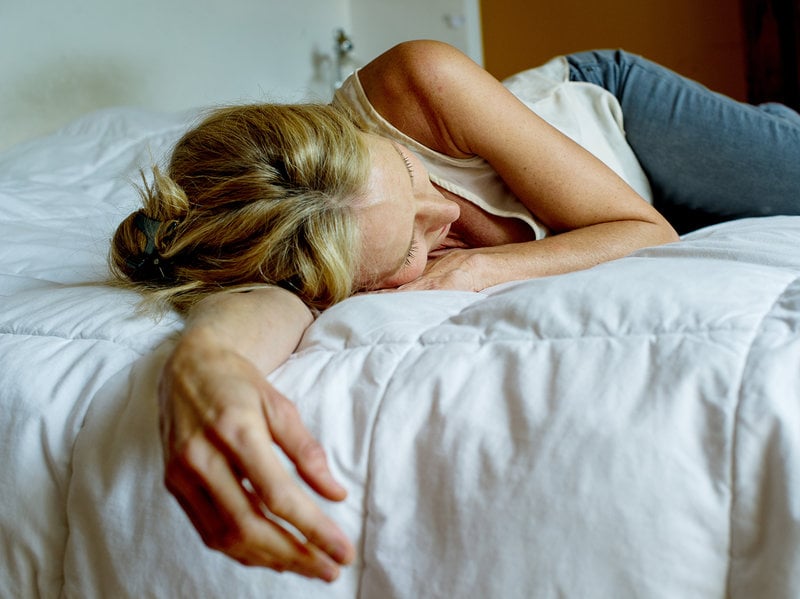Are you or a beloved elderly one having trouble breathing? Are you experiencing shortness of breath and other symptoms that may suggest a problem with your respiratory system? Are you worried it could be due to underlying medical conditions? There's no need to hit the panic button just yet.
Different things cause breathing problems, one of the most common causes being age. Breathing happens without thought; your chest rises and falls to draw fresh air in and push old air out. Every breath you take provides critical fuel to all of your organs.
As someone working to safely age in your home without the medical staff, it is crucial to understand the ins and outs of breathing. This article shows you how to keep your lungs healthy and how to seek help when they aren't working the way you expect.
Let's Start with Physiology: How The Lungs Work
Lungs play two critical roles in our health and overall body function. The first role involves getting oxygen into the body when we breathe in air. The second role is expelling carbon dioxide (CO2); the body creates CO2 as it uses oxygen, exhaling it from our lungs.
The breathing mechanism involves inhalation and exhalation. In the inhalation process, muscle (diaphragm) movements in and around the lungs occur to expand the chest cavity. This creates airflow from the higher-pressure environment outside into the lungs, where it enters the bloodstream.
The exhalation process is the exact opposite. The muscles around the lungs relax to create a decrease in the chest cavity. This increases the air pressure inside the lungs to force carbon dioxide out.
Now, if the muscles in and around the lungs become weak, it can be harder to get enough oxygen into the lungs and expel CO2. When carbon dioxide accumulates in the body, it can result in health complications.
Common Breathing Problems in Older Adults
If you or an elderly loved one is experiencing difficulty breathing, it could be due to one or more of the breathing issues listed below.
A. Age-Related Changes
Our respiratory health becomes weaker as we age, which is completely normal. You may find it harder to inhale and exhale due to the following reasons:
-
A decline in lung function and elasticity.
-
Weakening of respiratory muscles.
-
Reduced cough reflex and clearance mechanisms.
-
Altered chest wall mobility.
-
Changes in respiratory control.
-
Increased airway resistance.
-
Risk of chronic lung diseases.
While these aren't pinpoint cues to hit the panic button, they could worsen over time. See a doctor as soon as possible if these changes hinder you from performing your usual activities.
B. Chronic Respiratory Issues/Medical Conditions
-
Chronic Obstructive Pulmonary Disease (COPD) includes pulmonary emphysema, chronic bronchitis, and asthma.
-
Interstitial lung diseases.
-
Pulmonary hypertension.
-
Chronic cough.
-
Heart failure.
-
Cancer.
-
Neurological disorders, including strokes.
Again, these conditions are more common in older people than younger people and require immediate attention.
C. Respiratory Infections
-
Pneumonia is an infection that inflames the air sacs in one or both lungs.
-
Influenza and COVID-19 susceptibility.
-
Aspiration pneumonia occurs when food and other substances are inhaled into the lungs, leading to an infection.
-
Legionnaires' disease is caused by the Legionella bacteria, which can be present in water systems.
-
Common cold and flu.
-
Sinus problems.
These lung and respiratory infections can make breathing difficult, especially for older people. This is because the older we get, the more susceptible we are to certain infections.
D. Environmental and Lifestyle Factors
Older people with breathing problems may also need to make certain environmental changes to reduce the chances of contracting respiratory diseases. Some environmental factors that may cause specific breathing difficulties, especially shallow breathing, include the following:
-
Air pollution and respiratory irritants, e.g., exposure to asbestos
-
Allergens and respiratory sensitivities.
-
Humidity levels.
-
High altitudes.
-
Weather changes.
-
Indoor air quality.
-
Cold air.
-
Tobacco smoke.
While your breathing difficulty may be caused by something more concerning, you must ensure you are not exposed to these environmental factors.
Steps To Take To Protect Your Lungs
Healthy aging is all about taking the proper steps now to prevent issues later in life. Here are three crucial strategies for keeping your lungs healthy:
-
Don't smoke. Many people with lung problems are excessive smokers. As an older adult aiming to age gracefully, you must make specific lifestyle changes to improve your health. Smoking is bad for you, and it's never too late to quit.
-
Exercise. It's not all about building muscles as you get older. It is more about maintaining your activity levels and, in this case, organ function. Try these breathing exercises to help. Note that you must seek respiratory care for seniors if you become short of breath too frequently.
-
Move! As you sit or lie down for long periods, mucus collects, increasing your chance of getting a lung infection. This happens most often when you have been ill or had surgery.
-
Maintain good indoor air quality: Ensure proper ventilation in your living spaces to reduce the buildup of indoor pollutants and allergens. Keep your home clean and dust-free to minimize indoor air pollution and allergen exposure.
-
Stay hydrated: Drink plenty of water to keep your respiratory tract moist and help prevent irritation.
-
Practice property hygiene: Something as simple as washing your hands daily can eliminate conditions that can cause respiratory problems. Get quality home health care and take a daily vitamin to keep your organs healthy.
-
Seek proper medical attention: If you experience persistent cough, shortness of breath, chest pain, or other unusual respiratory symptoms, seek medical attention promptly.
It goes without saying it is also helpful to take care of your health overall, regularly seeing your doctor and addressing other health issues that arise. Talk to your doctor about flu and pneumonia immunization, among other topics.
If you're healthy, though, typical age-related lung changes seldom lead to actual symptoms, although you may notice a lesser ability to participate in intense aerobic exercises. Being slightly winded may indicate a need for more physical activity, whereas "incapacitating shortness of breath, chest discomfort, wheezing, and coughing should not be considered a normal part of aging."
When to Get Help (Go For Respiratory Therapy)
While lung and breathing problems are a normal part of aging, respiratory problems may also be a sign of underlying health conditions that may require immediate attention. If you or a beloved senior are experiencing any of the following symptoms, speak with a respiratory therapist of your GP.
-
Sudden onset of severe shortness of breath.
-
Sudden chest pain.
-
Congestive heart failure.
-
A fever of 100 degrees or higher with or without a cough.
-
Increased shortness of breath during activity.
-
Changes in breathing during sleep.
-
Swallowing problems.
-
Coughing up blood.
Respiratory issues can also result in blue lips (cyanosis). This refers to the bluish or purplish discoloration of the lips and the surrounding skin and occurs due to a decrease in the amount of oxygen in the blood reaching the tissues.
If you or a loved senior experiences blue lips, you should go to the emergency room immediately, as it suggests a drop in oxygen levels reaching certain areas of the body.













